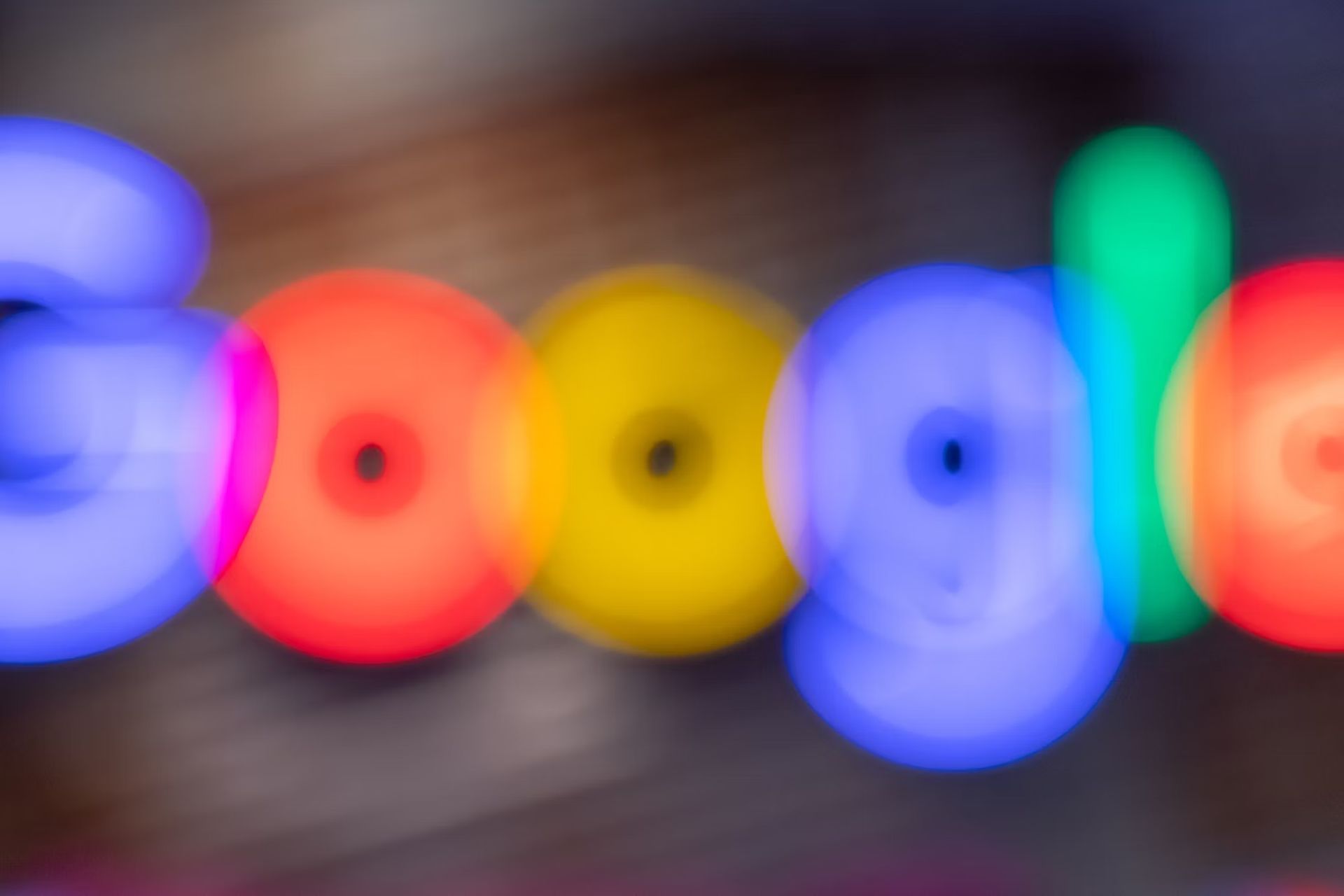Google is introducing a new search filter called “Web,” designed to display only text-based links in search results. This feature eliminates images, videos, and other content types, presenting users with just the traditional blue links.
Where is the Web filter located on Google?
The “Web” filter is located alongside other search filters in the menu. Depending on the interface, it might appear on the same line as the video and news filters or under the “more” menu.
Google SearchLiaison has shared several screenshots of this new filter on X:

“We’ve added this after hearing from some that there are times when they’d prefer to just see links to web pages in their search results, such as if they’re looking for longer-form text documents, using a device with limited internet access, or those who just prefer text-based results shown separately from search features. If you’re in that group, enjoy!”
-Google SearchLiaison
At Google I/O developer conference in Mountain View, California, Liz Reid unveiled significant updates to Google Search, marking her early influence as the new head of Google Search. Reid, a 20-year veteran at Google with extensive experience across various search products, showcased these AI-driven enhancements. The keynote, led by CEO Sundar Pichai, emphasized AI’s central role in Google’s product ecosystem, highlighting the company’s intention to intensify this integration.
Focus on AI-powered search
The evolution of Google Search has been in progress for a while. Last year, Google introduced the Search Generative Experience within its Search Labs, allowing users to test new experimental features. The main curiosity has been whether these features would become permanent fixtures in Google Search.
Google’s comprehensive search revamp arrives amid growing criticism about the perceived decline in search quality. Additionally, Google faces increased competition from the collaboration between Microsoft and OpenAI, as well as from smaller startups like Perplexity, You.com, and Brave, which have gained attention with their innovative approaches to search using generative AI.
Google revealed that its new Search features are powered by a tailored version of the Gemini AI model but withheld specifics about the model’s size, speed, and safety measures. This specialized version of Gemini will enhance various aspects of the updated Google Search, with AI-generated summaries, known as AI Overviews, prominently featured at the top of search results.

AI Overviews are being launched this week for all Google search users in the US, with plans to expand to additional countries by the end of the year. By creating AI Overviews and deciding when to display them, Google is essentially categorizing which questions are complex and determining the type of web content that should contribute to its AI-generated summaries. This represents a new era in search where the search engine does more of the work for the user; however, it also introduces a risk of algorithmic bias favoring certain types of results over others.
This approach significantly heightens the importance of Google’s search results. When algorithms generate a single consolidated answer rather than offering multiple links for users to explore, the potential impact of errors becomes more serious. The Gemini AI model, like others, has experienced hallucinations—situations where the AI presents completely incorrect or fabricated information.
Google risks amplifying biases and reducing the diversity of information available to users. The inherent danger is that algorithmic errors or biases could mislead users, especially when AI-generated summaries are presented as definitive answers.
Relying on a single AI-generated overview instead of offering a variety of links for users to explore could stifle the organic discovery of information and undermine the fairness of search results.
Featured image credit: Kerem Gülen/Midjourney
- SEO Powered Content & PR Distribution. Get Amplified Today.
- PlatoData.Network Vertical Generative Ai. Empower Yourself. Access Here.
- PlatoAiStream. Web3 Intelligence. Knowledge Amplified. Access Here.
- PlatoESG. Carbon, CleanTech, Energy, Environment, Solar, Waste Management. Access Here.
- PlatoHealth. Biotech and Clinical Trials Intelligence. Access Here.
- Source: https://dataconomy.com/2024/05/15/google-web-filter-ai-overviews/



